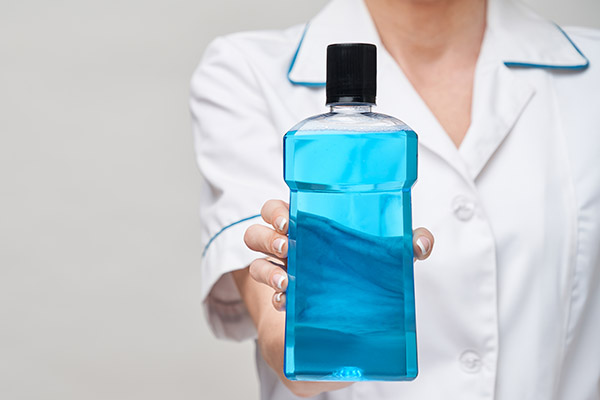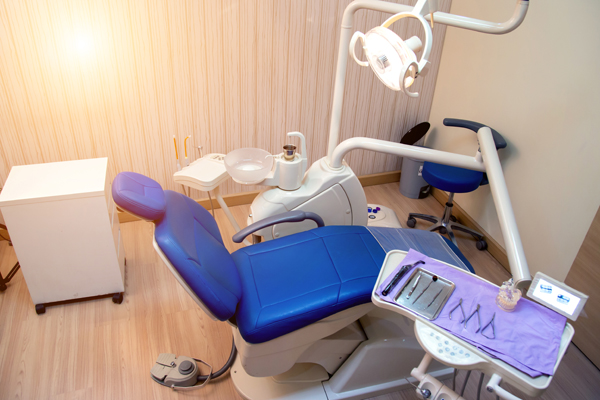 If you are getting ready for a smile makeover, there are some things you should prepare for. This process can restore your smile and the function of your mouth. Depending on your condition and needs, the dentist will perform one of a variety of treatments. To get the most out of the treatment, you need to take good care of your teeth and gums. Part of doing this is using a mouthwash.
If you are getting ready for a smile makeover, there are some things you should prepare for. This process can restore your smile and the function of your mouth. Depending on your condition and needs, the dentist will perform one of a variety of treatments. To get the most out of the treatment, you need to take good care of your teeth and gums. Part of doing this is using a mouthwash.
Different smile makeover options and when the dentist recommends one
A variety of issues can occur to affect a person’s smile. Genetics can play a role, as some people are born with misaligned teeth or bite dysfunctions. Other problems come about due to poor oral hygiene. Traumatic injuries to the mouth can also damage teeth, hampering a smile.
The dentist has multiple solutions available for the patient. For stained teeth, a teeth-whitening treatment may be a good option. The dentist may fit the patient with dentures or implants if the person has suffered tooth loss. Crowns, veneers, and bridges are other possibilities to improve a smile. For crooked teeth, aligners or braces could be the right choice.
Why mouthwash is important to use
After getting a smile makeover, the patient should not neglect good oral hygiene. This means committing to brushing at least twice a day and flossing daily. Using mouthwash each day can also keep teeth and gums healthy and strong. An effective mouthwash will kill bacteria that build up in the mouth. By removing these bacteria, there will be less of a risk of the person developing tooth decay, gum disease, and infections.
Look for the right ingredients
Just as a person should select an appropriate smile makeover procedure, the right mouthwash is essential. With so many products available on the shelves of stores, it can be difficult knowing which one to buy. A key to choosing a good product is to make sure it has certain ingredients. The mouthwash should have fluoride, which will help strengthen teeth. When buying mouthwash, the individual should also make sure the product has plaque-fighting ingredients. It should also have antibacterial and antimicrobial compounds.
Check with the dentist
During regular visits and after getting a smile makeover, the patient should consult the dentist about buying mouthwash. Some products are more effective than others. The dentist will be able to guide the patient in purchasing a product that meets the person’s needs. The mouthwash should also have American Dental Association approval. This ensures that the product has undergone appropriate testing.
Make your treatment last
Can you imagine investing the time, money, and effort in a smile makeover, only to see it wear out much earlier than it should? This can be frustrating, but it can also happen if the person does not do their part. By ignoring good oral hygiene practices, restoration devices and smile-improvement treatments can fail. An important component in good aftercare is to use a mouthwash product. Following these guidelines can help ensure that your treatment keeps your teeth looking good for years to come.
Request an appointment or call South Florida Smile Spa, Nicole M. Berger, DDS at 954-395-2419 for an appointment in our Pompano Beach office.
Recent Posts
Is a smile makeover right for you? It is if you are tired of looking in the mirror and not liking what you see. Your teeth and gums may bother you aesthetically, and there could even be some serious health concerns because of the condition. The good news is your dentist can recommend and perform…
Having a smile makeover is something that many people want from the dentist. Because a smile is often the first thing someone will notice about you, it should be high on your priority list to fix dental blemishes. There are multiple problems that affect a smile. Fortunately, your dentist can treat these concerns and restore…
You might need a smile makeover if you are unhappy with the color of your teeth. The procedure involves combining cosmetic treatments to meet your unique needs. Some of the reasons your teeth can end up becoming discolored include:Tooth DecayColoring agents in food and beveragesSmokingThinning enamel due to agingTetracycline antibioticsOverexposure to flourideThe type of stains…


